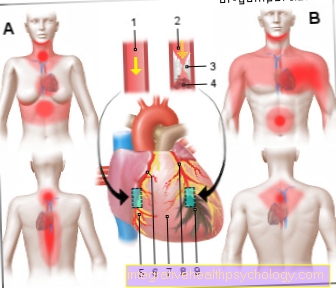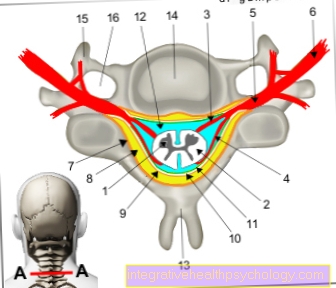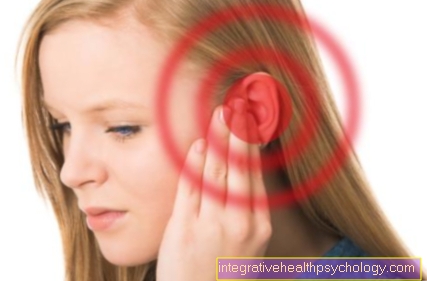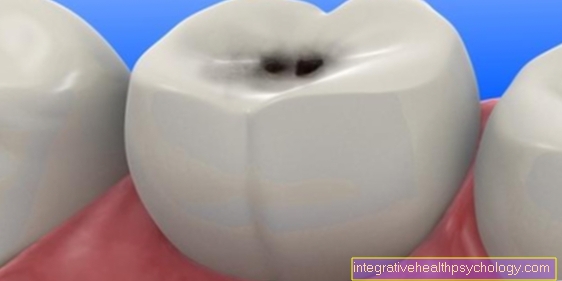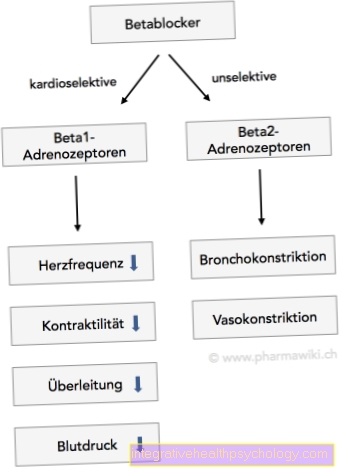school enrollment
Synonyms in a broader sense
Start of school, enrollment, first day of school, initial lessons, elementary school, seriousness of life, transition to elementary school, pedagogical transition from daycare to elementary school
engl .: enrollment, enrollment, first day at school
definition
The concept of school enrollment means entering a school and thus the beginning of lessons at a school. In a special way, there is talk of school enrollment when the child goes to school for the first time, i.e. says goodbye to kindergarten and after the summer holidays goes to school as a schoolchild.

introduction
Since not every child has to be six years old on the first day of school in the first school year, the concept of school enrollment can be divided into:
- Timely training
This includes all children who have reached the age of six by a certain point in time (this can vary depending on the federal state). For them, compulsory schooling begins after the summer vacation (officially on August 1st). - Early enrollment
This includes all children who have reached the age of six after the set deadline and should start school early at the request of their parents. Depending on the date of birth, in addition to the school’s own examination, a school doctor's report or a school psychological examination can also be used to assess school suitability. Taking into account the assessments available, the school principal decides whether the child is capable of school or not. - Enrollment after deferment
The basic question for timely or early enrollment or deferment is always:
Can the child successfully take part in primary school lessons?
Read more on the topic: Checklist for school enrollment - what does my child need?
School registration
If your child becomes of compulsory schooling, it must be registered in the previous year before the start of compulsory schooling at the school responsible for the district boundaries. You will usually be informed of the dates by the school or announced in a public announcement (newspaper).
The future school children are registered by their parents. As a rule, both parents must appear if they have joint custody. If one of the two is unable to attend, you should think of a power of attorney and a copy of your ID.
The following documents are required:
- Identity card of the legal guardian
- if necessary, power of attorney and copy of ID, if one of the legal guardians is prevented.
- Child's birth certificate
The following information must / should be provided:
- Name, date of birth, place of birth, nationality, and gender of the child, possibly religious affiliation
- address
- all telephone numbers and emergency addresses (important for emergencies so that someone can be reached)
- Information about the attendance at the kindergarten / daycare center in the year before attending school
- if applicable, information on possible illnesses, provided they are important for school attendance
- possibly declarations of consent for the administration of necessary medication
You can read more detailed information about training under: What should my child be able to do by the time they start school?
What should my child be able to do by the time they start school?
Children develop at an individually different pace. In order for children to be able to start “school” as well as possible in the new environment, a few factors should be checked before starting school, these are language development, social behavior and motor skills. The language development of the child can be checked using the following aspects:
-
The child can express their wants and needs in words
-
It writes its name and simple words
-
The child hears certain letters from individual words and is interested in them
-
In simple rhymes such as "mouse, house, garden, louse", the child notices which word does not match
Social behavior also plays an important role:
-
The child can follow the rules
-
The child is able to concentrate for about thirty minutes
-
The child can fit into a group and perceives feelings from other peers
-
The child can accept no and endure conflict situations
The following points can help to test the child's fine and gross motor skills:
-
The child can usually dress and undress well
-
The child can easily use scissors or a pen
-
It can jump over something with both legs at the same time, do a jumping jack and balance
-
The child can sit still for more than 15 minutes
Read more on the subject at: Checklist for school enrollment
What should I practice with my child before starting school?
As a parent, you can practice coordination with your child very well. Body control and fine motor skills are very important when playing, doing handicrafts and in groups.
Possible everyday tasks include brushing teeth, tying ribbons, coloring pictures and folding paper, as well as balancing with the children over tree trunks, playing jumping games and cycling to promote whole-body coordination.
Another thing to practice with the child is to take responsibility. In return, the child can be given light household chores, such as cleaning the table or watering flowers. Or when shopping you ask your child to memorize three things on the shopping list, look for them and put them in the shopping cart.
Patience is just as important. School lessons can be very long for the child. You can practice patience with your child by practicing sitting still at meals, playing handicrafts such as threading beads or puzzles. A good option is to let the child look into the book while reading, so that you can follow the text with your finger. This helps with ABC learning and understanding the direction of writing from left to right.
So that the child can get to school as quickly as possible, you can “play school” with the child beforehand. For example, you can cut out letters and numbers from paper and color them in or copy stencils so that the child can memorize the shapes.
Rhyming is also a good exercise; many children encourage their imagination and desire to learn. In addition, you should encourage enthusiasm for the school as much as possible. Some children have mixed feelings about starting school and are afraid of the new.
A joint purchase of school supplies can help, where the child can choose items such as gym bags or school bags.
Read more about this under: What should my child be able to do by the time they start school
School medical examination
All children enrolled in school must take part in a school medical examination. This usually takes place in the school that the child should attend after the summer vacation.
The school doctors check whether the child is physically, i.e. physically, able to attend school and follow the lessons of the first year of school.
In addition to examining physical development, this also includes general performance and thus testing the sensory organs and language as well as the current state of health.
The results of the investigation are recorded and form a basis for determining the ability to attend school as part of the entire school entrance diagnosis, which can vary from school to school, but ultimately always aims to adequately determine whether the child is physically and mentally capable of doing so to successfully take part in first-year lessons.
What is the school enrollment test?
An enrollment test is an appointment for preschool children to test their ability to go to school. The aim of the school enrollment test is to provide a kind of overall impression of the child's level of performance and to identify any deficits so that these can ideally be remedied by the start of school.
No child has to do perfectly and the test shouldn't put the kids under pressure.
Components of the test are:
- a physical exam with hearing and eye tests,
- Measurement of weight and height,
- Balance and gross motor skills.
- the level of development.
The stage of development is examined in a playful way. For example, it is about a shape, triangle, and the child is asked about the color. For example, a child can be asked to draw a man or a star.
Are you more interested in this topic? Read more about this under: School enrollment test
How does an enrollment examination work?
The school enrollment examination is similar to the U examinations at the pediatrician. The physical examination includes the recording of body weight and height, a vision and hearing test and an examination of the sense of balance and motor skills.
Orthopedic misalignments of the feet or the spine can be detected and treated accordingly or, for example, a phimosis in boys.
What is the cut-off date for schooling?
The day of school enrollment is the day on which compulsory schooling begins for a school-age child. The age of school enrollment and the day of enrollment differ from state to state. For example, the cut-off date in Hesse is June 30th and the age at school is 6 years. This means that for all children who are 6 years old on this day, compulsory schooling begins with the new school year
Starting school at the age of 5 - does that make sense?
The age at school depends on the respective federal state, as each state has its own school that regulates compulsory schooling.
Usually children start school at the age of six. If a child is "sufficiently developed" by the age of five, they can start school before the deadline.
Children develop very differently and there are children who are ready for school at the age of five, which means emotionally stable and socially mature.
Critics claim that starting school too early could affect children's performance and development. Others claim that it can be difficult for children to increasingly struggle with failures during their primary school years. It is therefore important to thoroughly examine whether the child is ready for school, especially with young children.
What does my child need for school enrollment (checklist)?
Your child needs:
-
satchel
-
Pencil case with:
-
Fountain pen, replacement cartridge, pencil, sharpener, ruler, eraser, colored pencils
-
-
Sports bag / gym bag
-
Sportswear and sneakers
-
School utensils such as exercise books, envelopes, ink boxes, etc.
-
usually there is a list of the necessary utensils from the school
-
-
School bag with sweets and the required school supplies (pens, etc.) and possibly small toys or a stuffed animal
-
Lunch box and water bottle for lunch
-
Homework book
-
school books
-
A list is issued by the school
-
-
A desk and a chair in the nursery for homework
-
A children's watch so that the child gets to school on time
-
Possibly. a cell phone so that the child can reach the parents in an emergency
-
Possibly. Slippers for the classrooms
Related topics
Further information on this topic can be found at:
- Early detection of dyslexia
- Poor concentration
- Speech disorders
- Giftedness
- Educational games



.jpg)


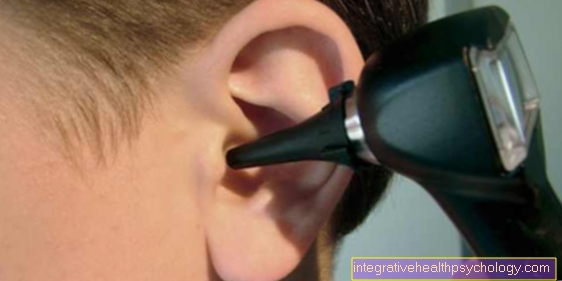
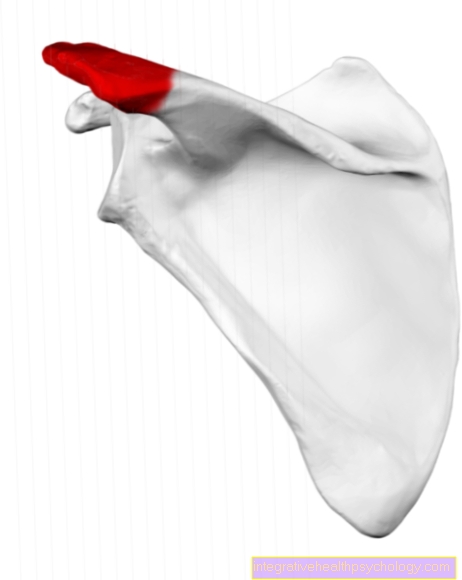


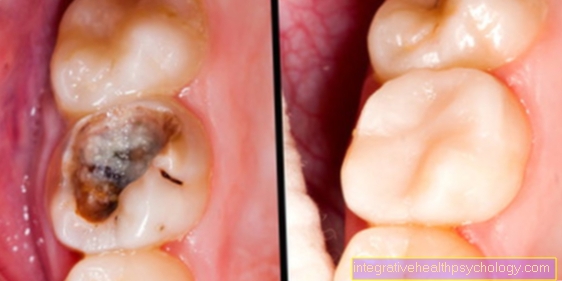

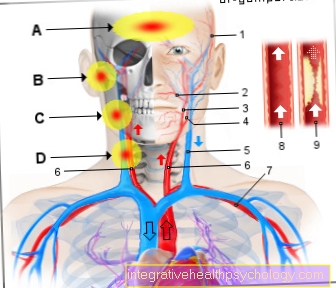


.jpg)


